You wait in line, balancing a sandwich on a tray, with perhaps a drink and a small snack to maintain balance. But the weight feels overwhelming. It isn’t the food; it’s the burden of pressure. Your gaze rapidly moves around the room, looking for a table, a person, and then an escape. The reason food is provided is not that important. What you truly want is to vanish from existence.
For some, the mundane activity of sitting down and eating in a café or school cafeteria is simply a part of their day. For others, it’s an internal conflict. Social anxiety does not respectfully ask for an entry; it crashes the scene without an invitation and alters routine interactions into cycles of intense self-awareness. Consider yourself someone who refrains from eating in public or chomps down on food mindlessly just to tick it off the list; then you have encountered this type of fear.
You are not the only one battling something like this. This is not a sign of weakness, neither is it something peculiar about you. It is something that suffers in silence while being seldom discussed. That is the focus of today’s discussion. And not just any discussion but seek, learn, devise gentle approaches, and initiate steps toward recovery.
The Feeling That You’re Being Watched
The feeling that someone is observing makes social anxiety worse. This is not in a positive way. They tend to imagine a scenario with their heart racing and dry throat. The person wonders what others think while judging the way he eats or sits. Is there too much chewing and hand shaking? Are you all alone and why?
These scenarios don t occur just once, they amplify and echo. They linger before and after the person steps into a room. There is a need to keep replaying every step to identify mistakes in order to prevent self embarrassment.
No one actually cares or will pay any attention and this feels like being over dramatic. It is not about over exaggerating but about the mental prison set for oneself which is plunged into unending distress. Even the smallest trigger leads to side effects like excessive sweating simplified as panic induced outburst.
Hunger Meets Fear: A Difficult Mix
After all, eating something should, in theory, make hunger better. Hunger is very real. You need fuel. But the moment fear does set in, bang, it feels like everything becomes inextricably mixed. Your perception of food may be so horrible that it may make your stomach churn. Alternatively, you may sit at the dining table with a ready meal but no willingness to eat. You may hastily eat to put an end to being watched—or choose to abstain, to avoid being noticed.
Why must irony be so harsh? You came here and your body has prepared itself to eat, and yet the anxiety you experience overrides all desires. This can worsen as time goes on and you begin to associate food with fear. Social occasions become harder as you simply try to skip meals that are set in restaurants. Invitations become a source of dread. You begin telling your friends you eat food when in reality none has passed your lips. Desperately, you attempt to conceal this habit that helps you cope, forgetting how damaging this really is for your health.
Anxiety manifests physically as a tight feeling in the chest, dry mouth, and a racing heart. This, in turn, makes chewing, swallowing and digesting processes feel much more complicated than they actually are. Though this feeling is arguably a product of one’s imagination, in reality, it is a constrained feeling loop that makes eating a challenge rather than a source of comfort.
The Stories We Tell Ourselves
In my opinion, public eating is more challenging psychologically than it is gastronomically. A big contributor to the discomfort is the narratives that we have constructed in our mind. Perhaps someone made fun of your table manners when you were a child. Perhaps you were bullied during your early schooling years for your lunch. It is also very possible you simply feel abnormal and food related scenarios serve as poignant reminders of that perceived void.
You start creating them for yourself to excuse the discomfort. That you will spill a drink, that choking is inevitable, that people are going to laugh, anticipate you being socially awkward, notice your isolation. Such narratives take roots, building shields to protect you. They become so ingrained into your psyche that they feel like a reality。
But those are not reality. These stories, while stemming from a good intention, operate as defense mechanisms trying to shield you from fictitious threats. The consequences, however, make life limited, stunted and straightjacketed. And that’s not something you deserve, quite frankly.
Avoiding The Situation Doesn’t Make It Go Away
Sometime skipping the long lines in the cafeteria to eat in the bathroom is easier. Or grabbing lunch to eat alone in the car. This also includes pretending to not be hungry just to return home starved. These last minute decisions offer comfort without addressing the root of the problem.
Every use of avoidance fuels anxiety. Straying away from certain people or places over time strengthens the existing narrative, affirms the idea that nothing feels safe and relaxing. Things build up and become more difficult every time you avoid certain things.
Encouraging oneself into undesired situations is not what we aim to do during therapy sessions. The goal is to deal with relaxation on a deeper level by creating a nurturing atmosphere that encourages safety allowing for exploration while gently edging out of avoidance patterns through curiosity and small steps.
Picking Your Place, Not Your Panic
Focus will now shift towards decision-making. Engagement with the rest of the environment does not require you to fight battles in public. The starting point is focused better suited for someone who suffers anxiety somewhere away from the hustle and bustle, a corner in a café that is quieter or better yet a park bench discreetly watching nature performing in all its glory.
Dining with at least one person you trust can be nourishing, both physically and emotionally. A person who is not critical of your eating pace or your sitting duration. A person who allows you to be yourself. In that environment, self-care takes on new meaning. You can redirect your thoughts to the food and pay attention to its taste, temperature, and texture. This is how you begin to create a positive narrative—one where food elicits serenity instead of anxiety.
Such moments do not need to be extraordinary for an impact. They only need to be routine. Even better, they emerge from relaxation, not struggle.
Letting Go Of Perfection At The Table
Nobody eats perfectly. People drop food. People laugh while eating and chew weird. People spill drinks. It happens. And the world keeps going.
Social anxiety wants you to believe that every outing is a super bowl worth of judgement. That one wrong bite will lead to judgment. But people are not paying as close of attention to you as your fear has led you to believe. Most are lost in their own thoughts. Some are nervous too. And others? They are just eating.
The shift begins when you stop aiming for perfect, and instead start aiming for peace. Messy, quiet, human. You are here to perform. Instead just nourish: your body, your soul, our freedom.
When You Reclaim The Meal, You Reclaim Yourself
There’s something powerful about sitting down and eating without fear. For many, it is not an overnight realization, but it is a practice well worth pursuing. Food isn’t just fuel, rather a part of life’s rhythm. A celebration. Something grounding.
Envision being capable of sharing a meal with friends without constantly worrying about how you appear. Of tasting your favorite dish without your heart racing. Of being present instead of self conscious. That is not only possible, but achievable through small wins.
Reclaiming the meal signifies honoring oneself. It means paying attention to your body. Being gentle with your body’s coping systems. And knowing that recovery only means some things have changed, not that fear entirely vanishes. It means fear no longer calls the shots.
When Eating With Others Feels Like Joy Again
The most rewarding aspect? After making some headway with accepting meals in public, you get to remember what it feels like to actually have fun during meals. Laughing during meals, storytelling during dessert, and most importantly the soothing realization that instead of judgment, they are warmingly inviting you.
Food transforms into a mode of connection. You prepare food for somebody. Somebody brings you something that they like. You sample new cultures. You share experiences. And gradually, the table stops being a source of anxiety and starts feeling like a safe space.
Not everyone arrives at that destination at the same speed. But, you can. You have the power to slowly, reclaim the numbing fear that was inflicted upon you. One bite at a time.
A Letter To The One Still Struggling
If you are still missing meals, sitting in shadows, or devouring food so quickly that you don’t even register its flavor, then I am aware of your presence. You are not damaged. You are not peculiar. You are a person who had no other choice but to adapt to a life that, at times, can be suffocating.
But I want you to know this: it is perfectly acceptable for you to eat where you want to eat. It is perfectly alright for you to be anxious. It is perfectly alright for you to stretch your limbs and your presence to occupy room at the table. It is perfectly alright for you to chew, sip, swallow, breathe and ‘be’.
Begin with what is available to you, with what you possess. Starting from taking one judgment-less bite. That is the starting point, and every starting point is valuable.

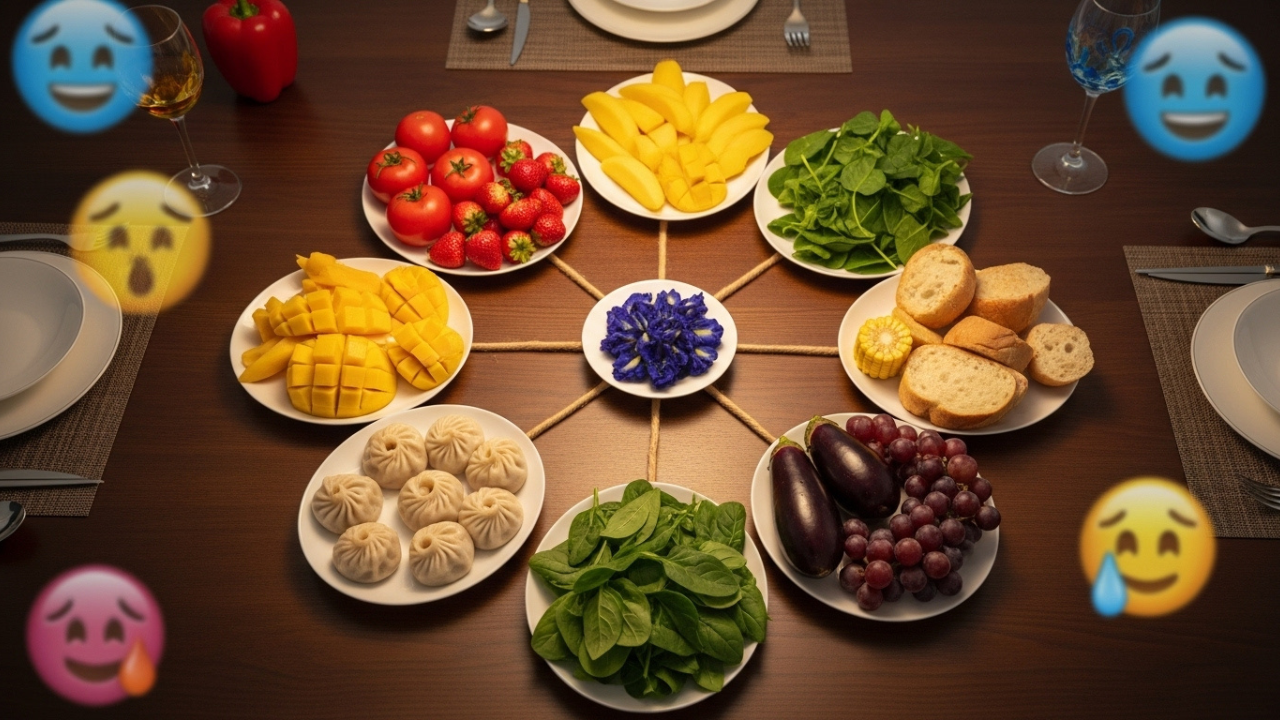
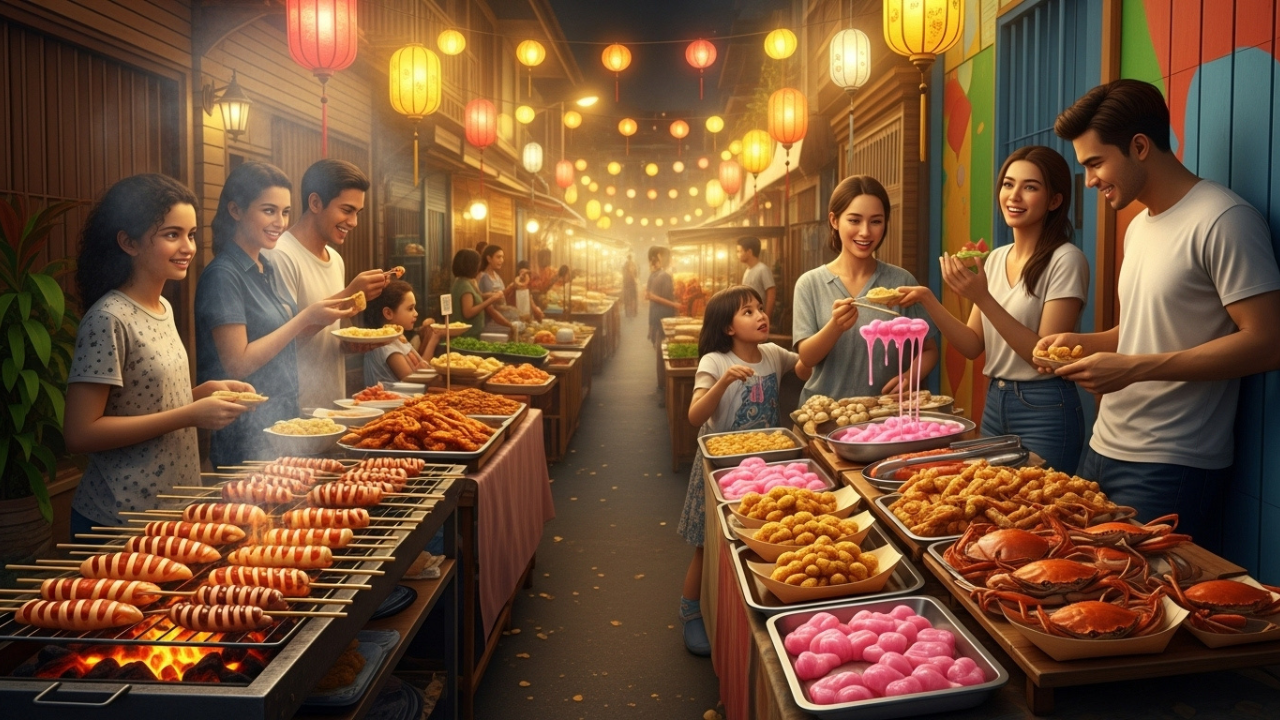
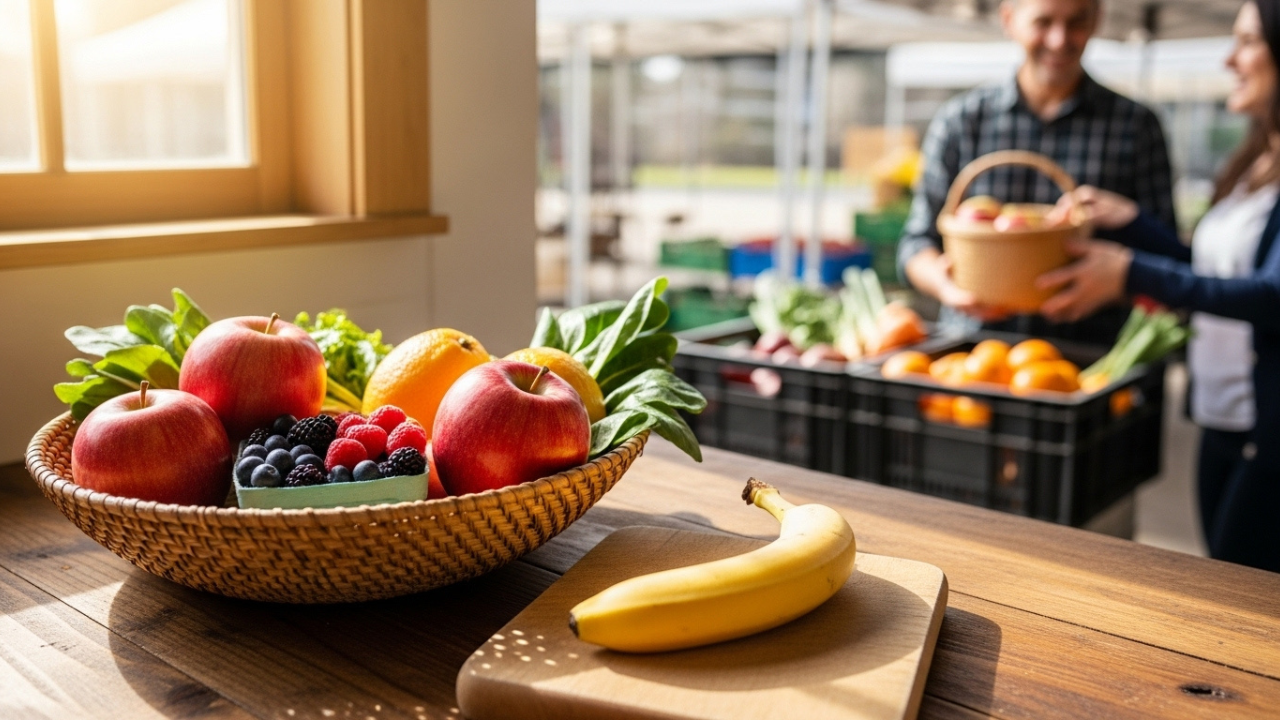
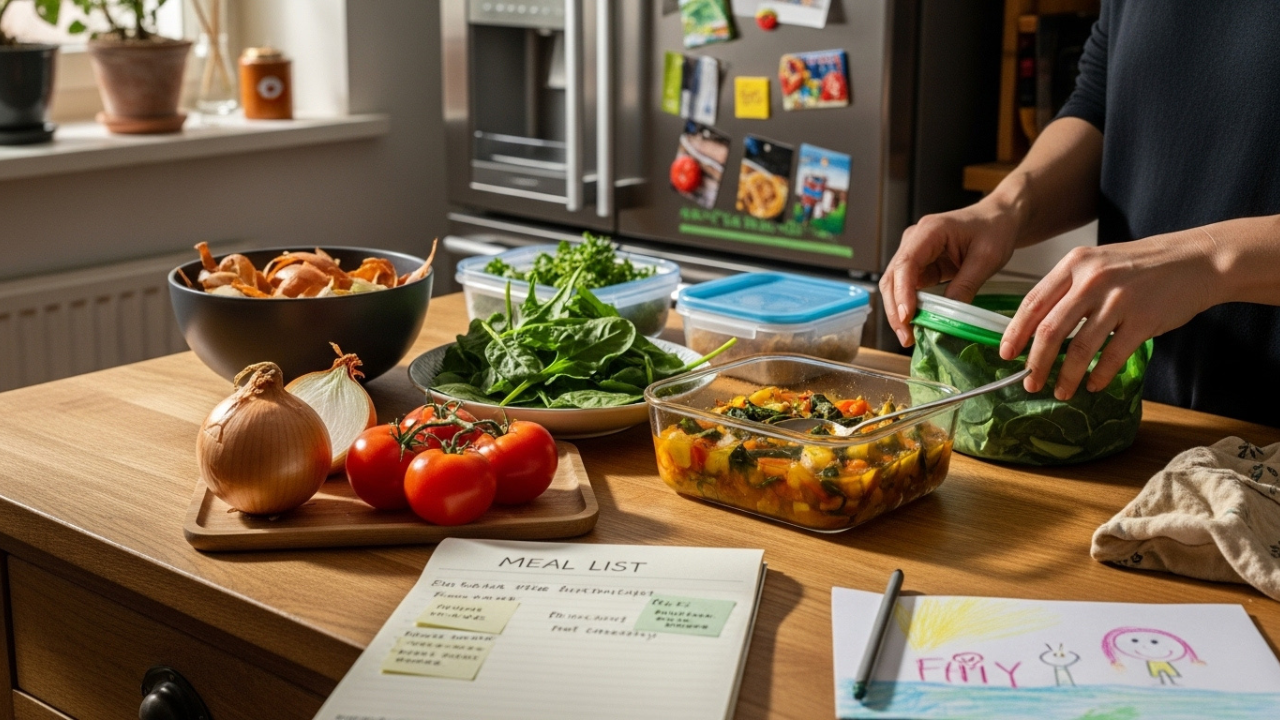
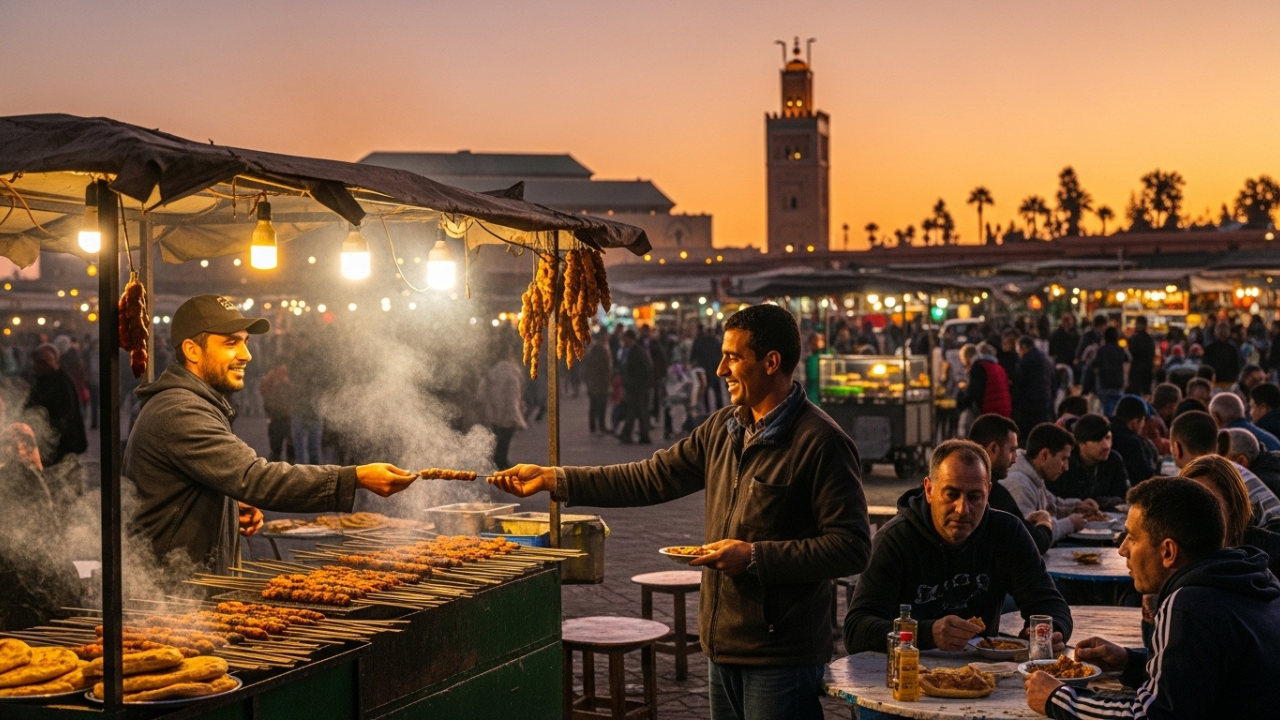

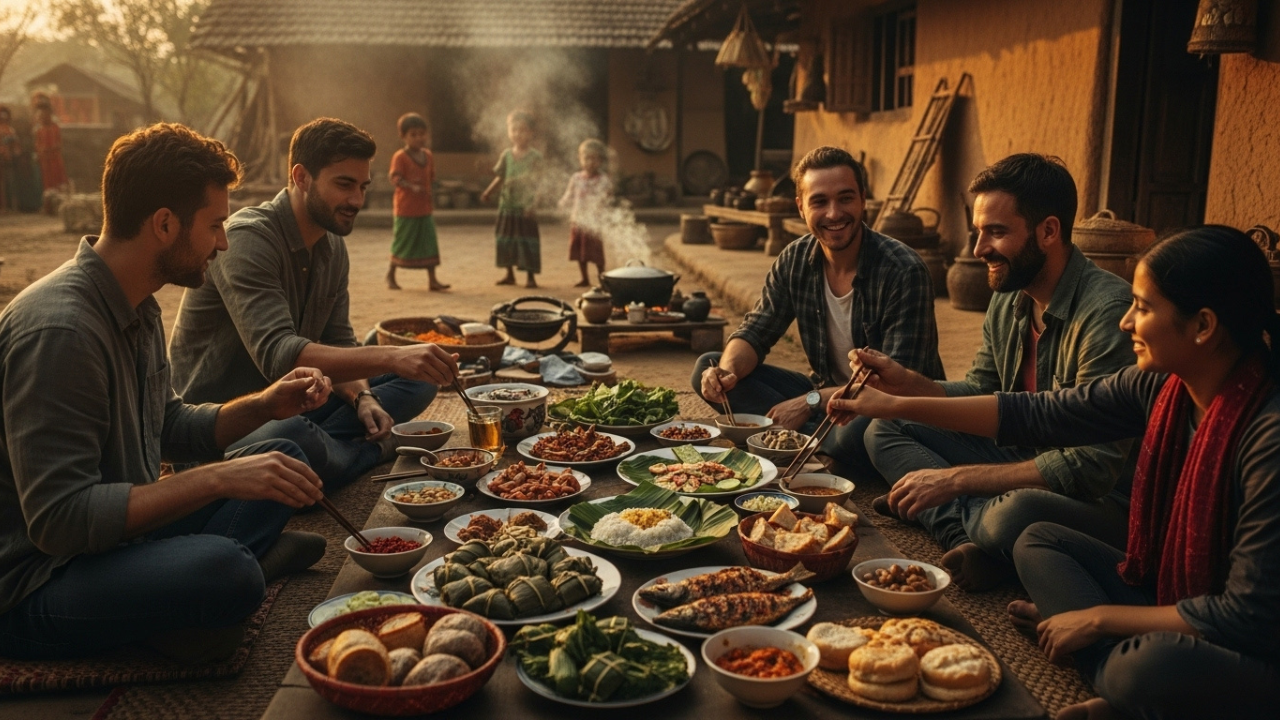

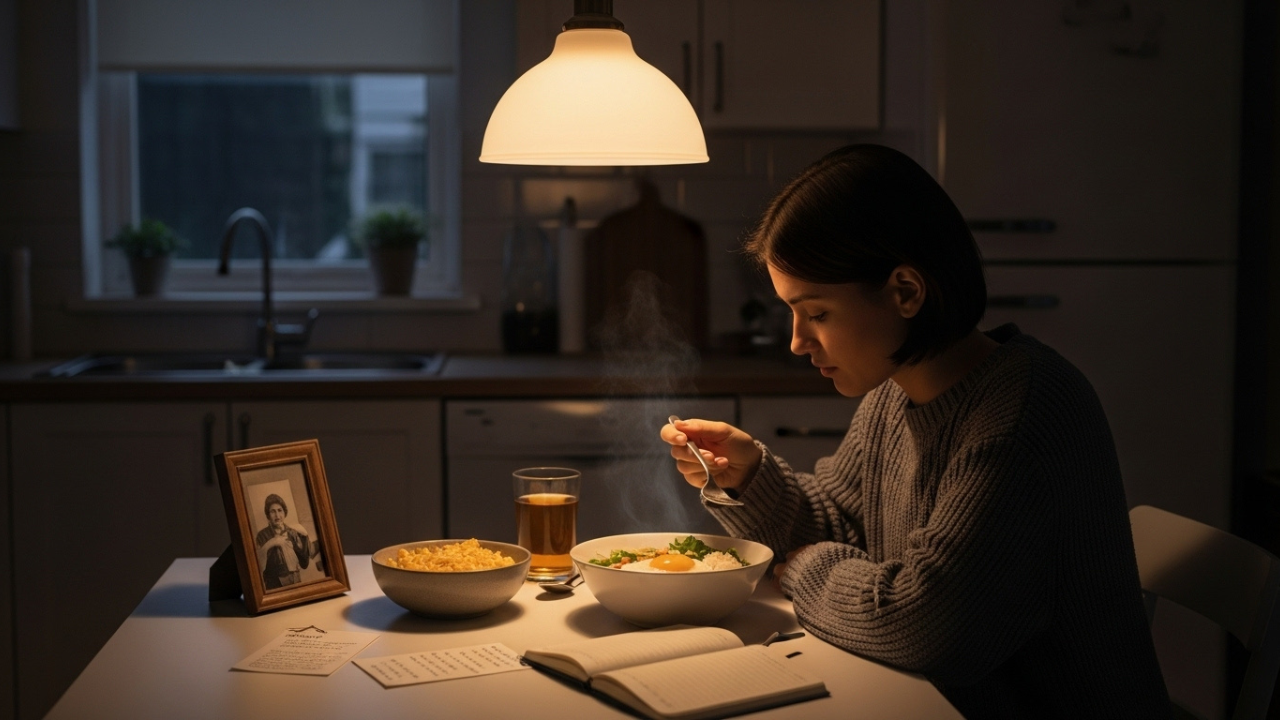
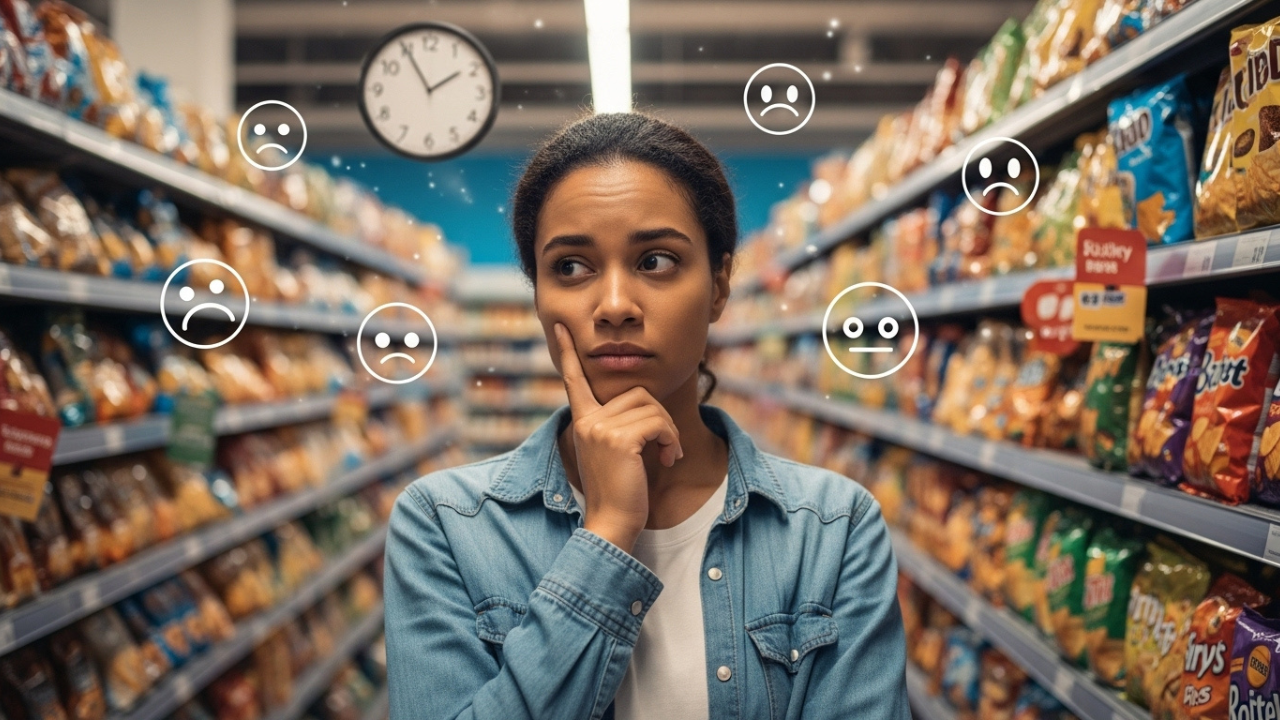
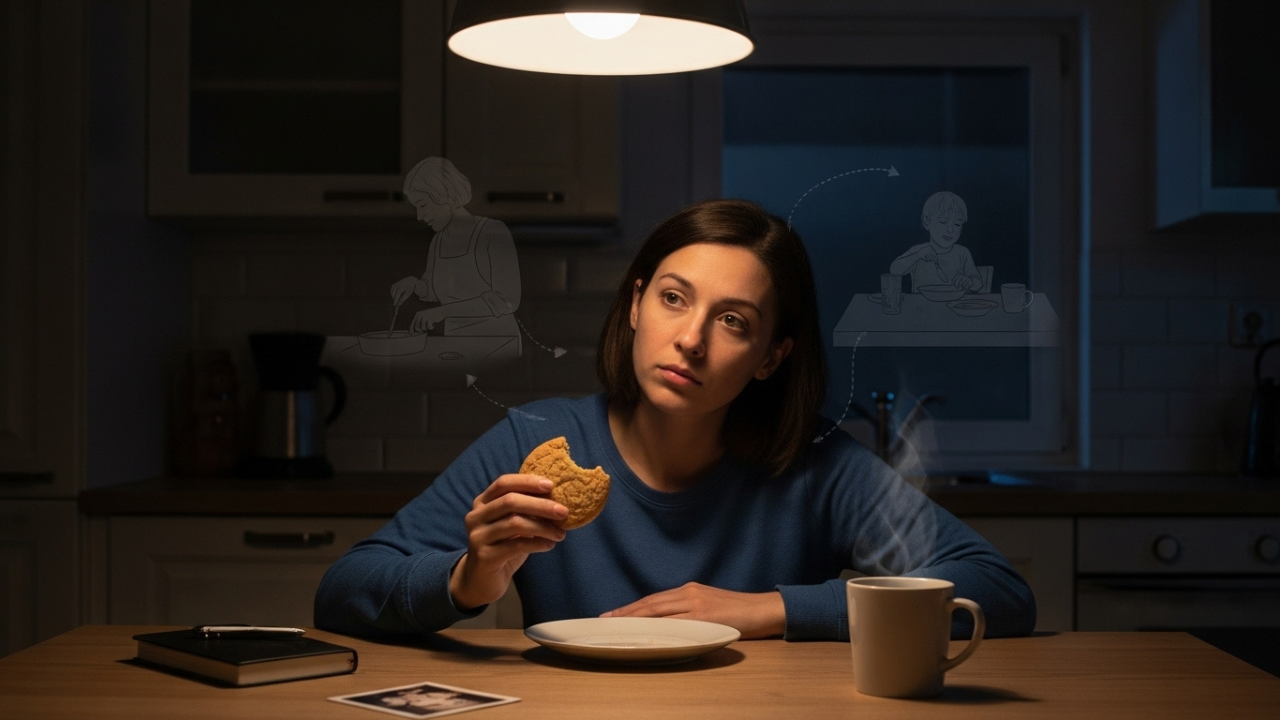
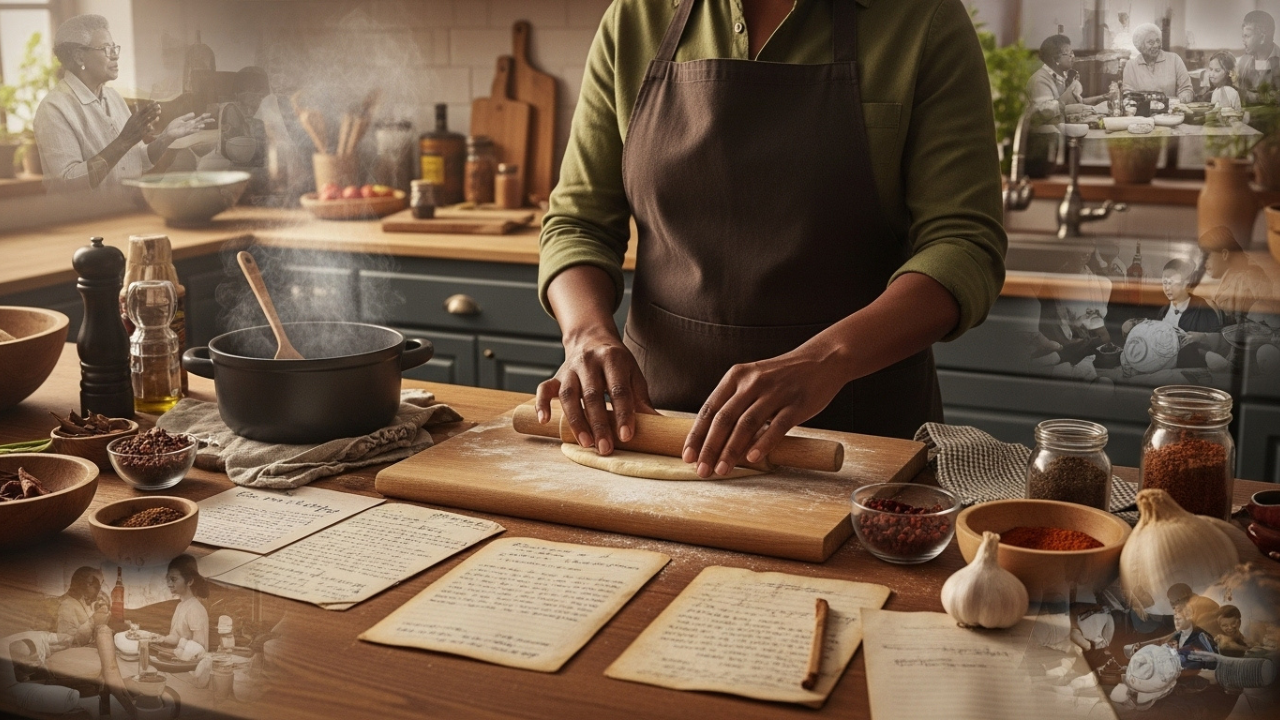
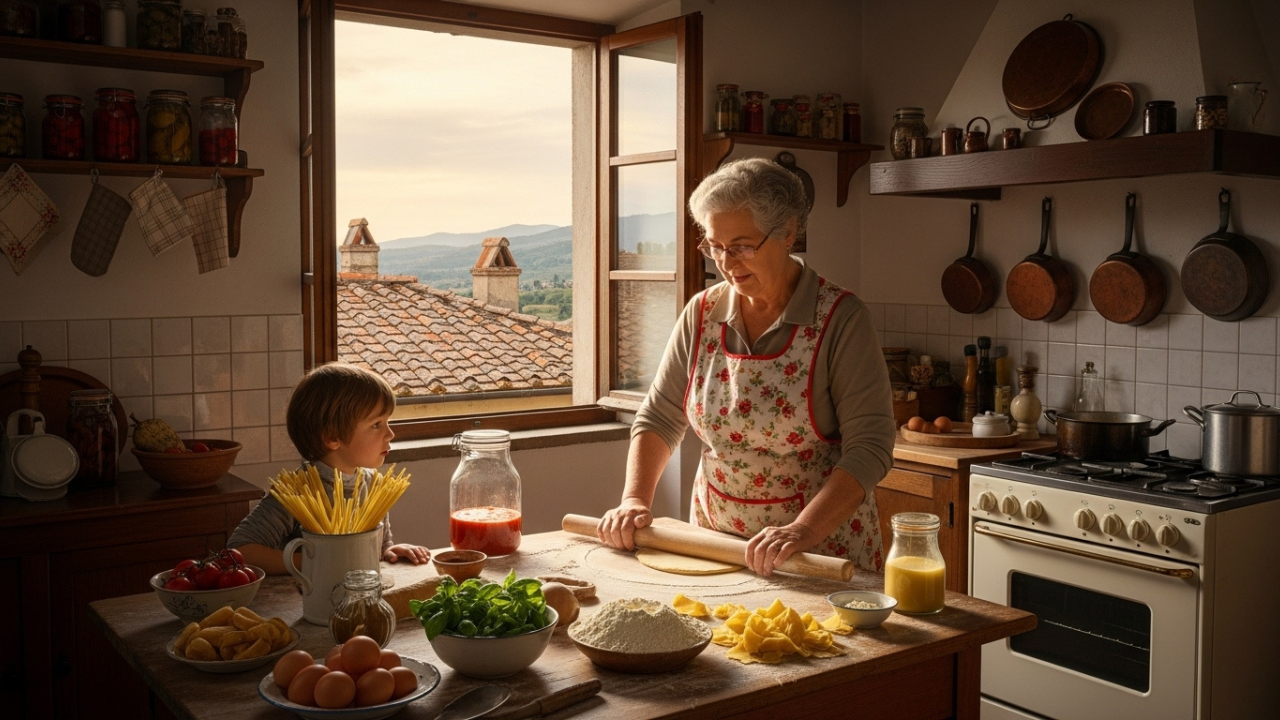

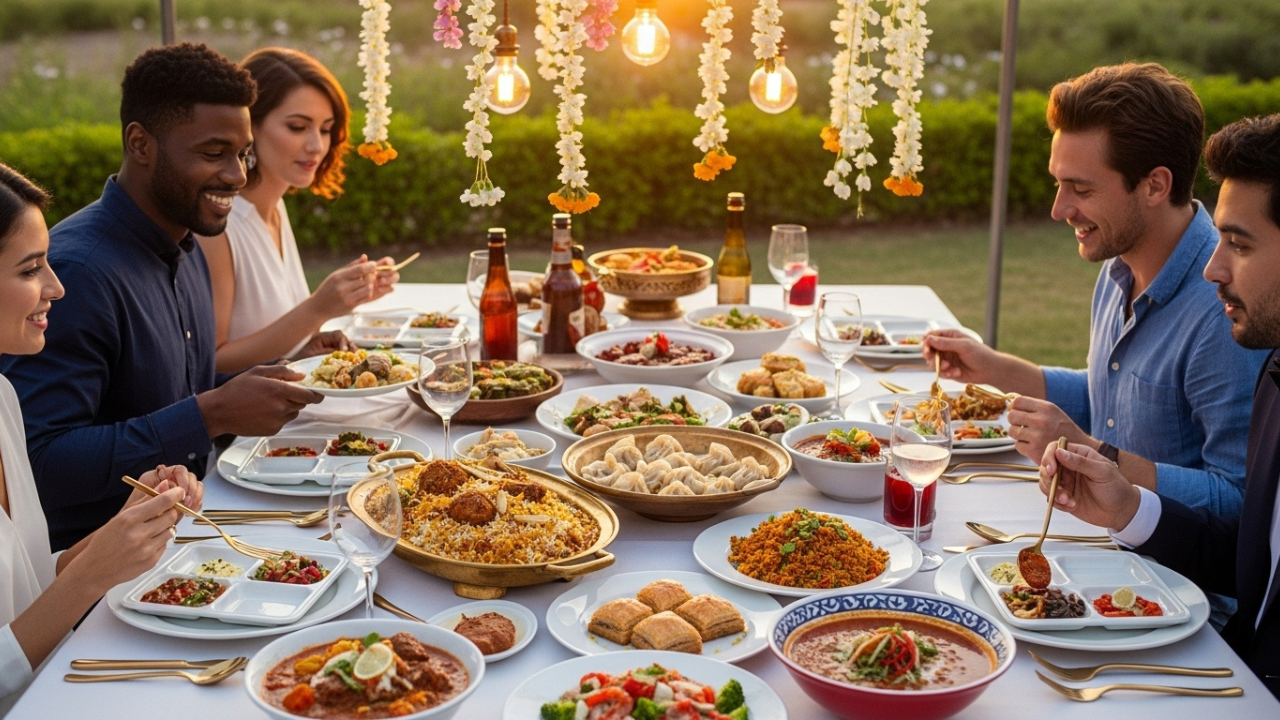
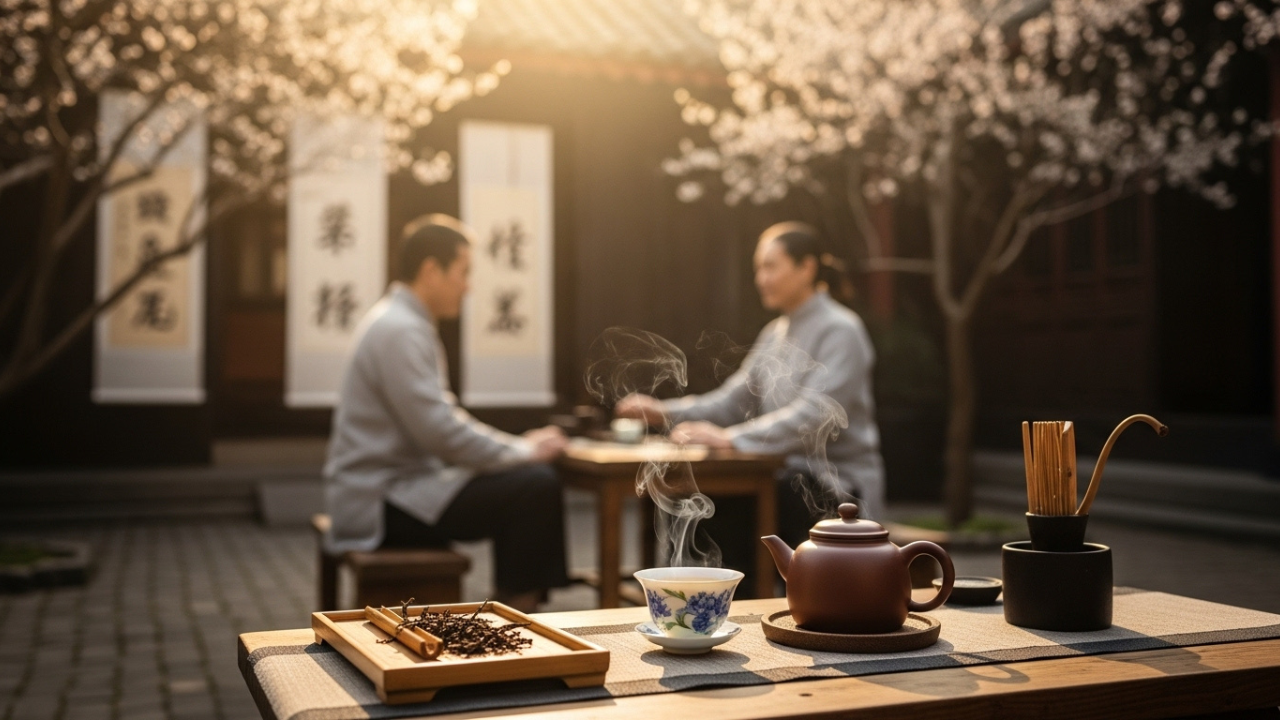
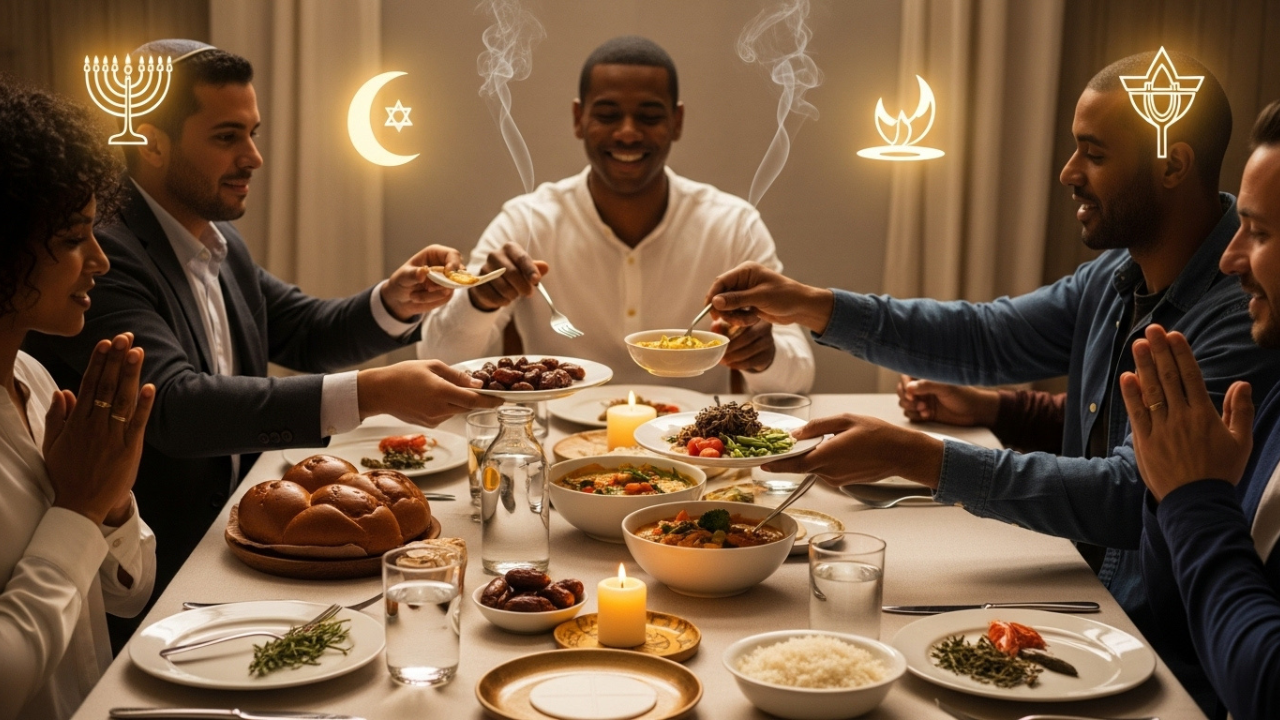
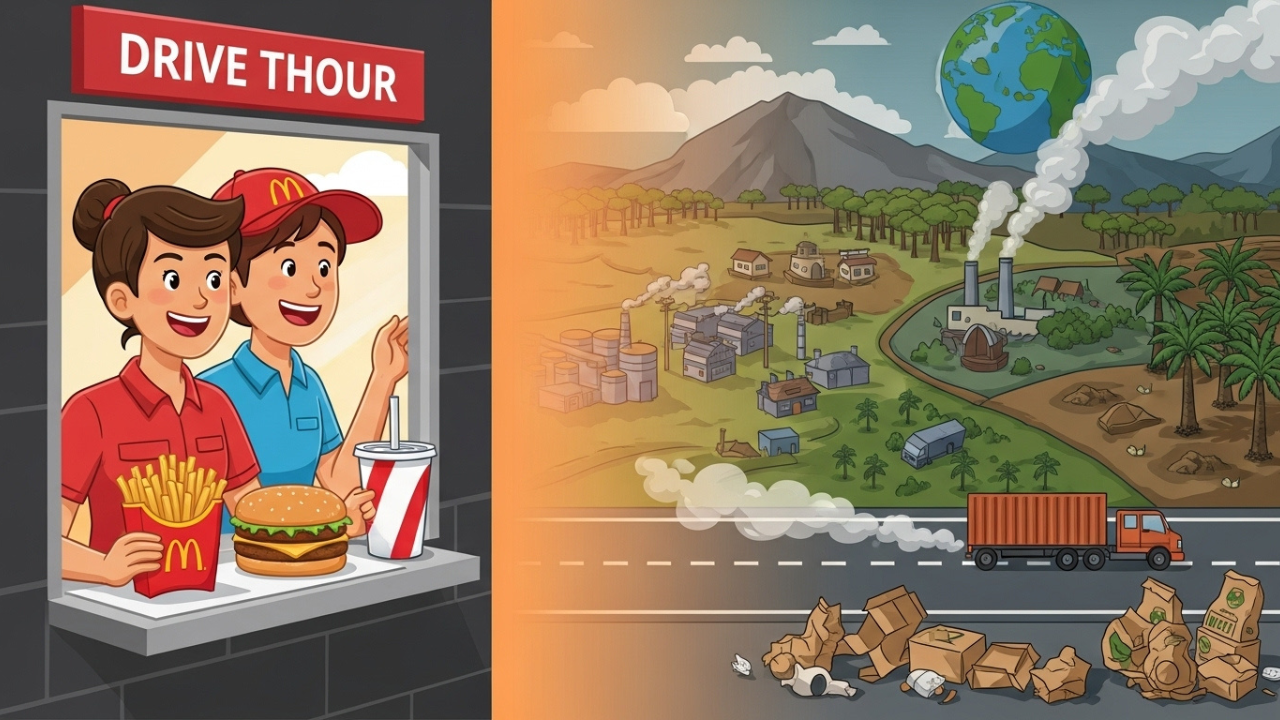
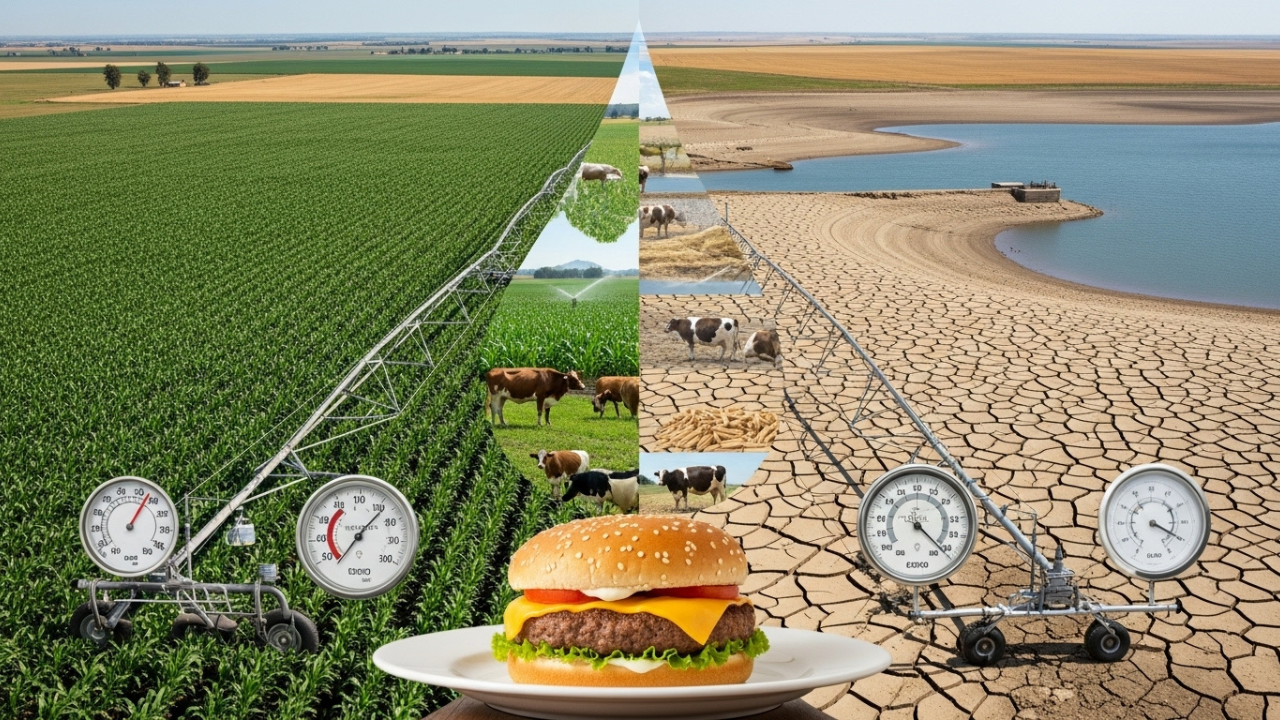
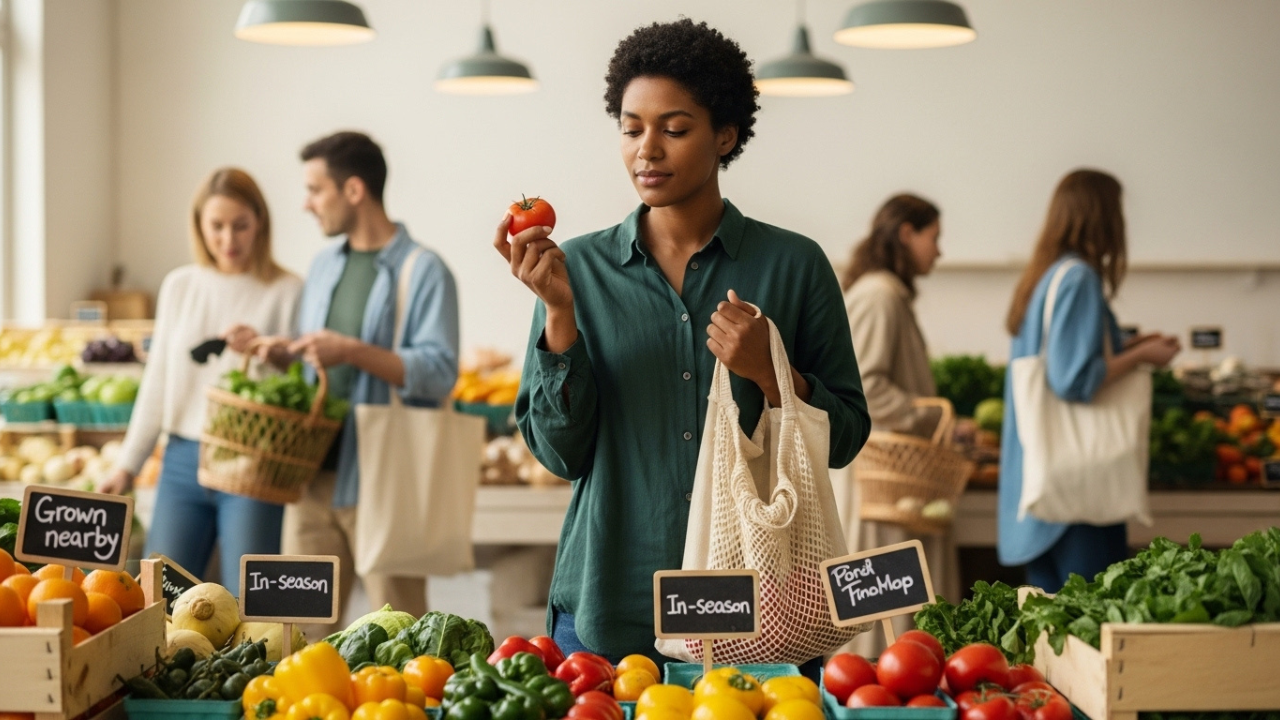
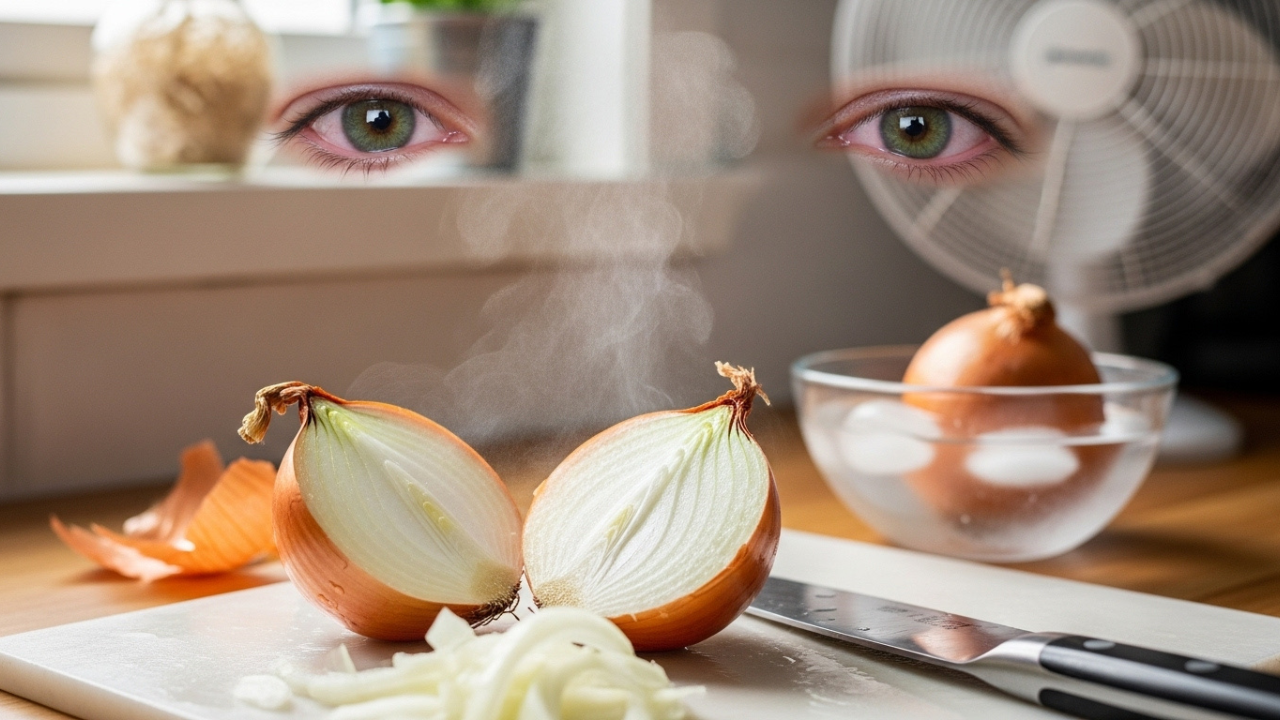

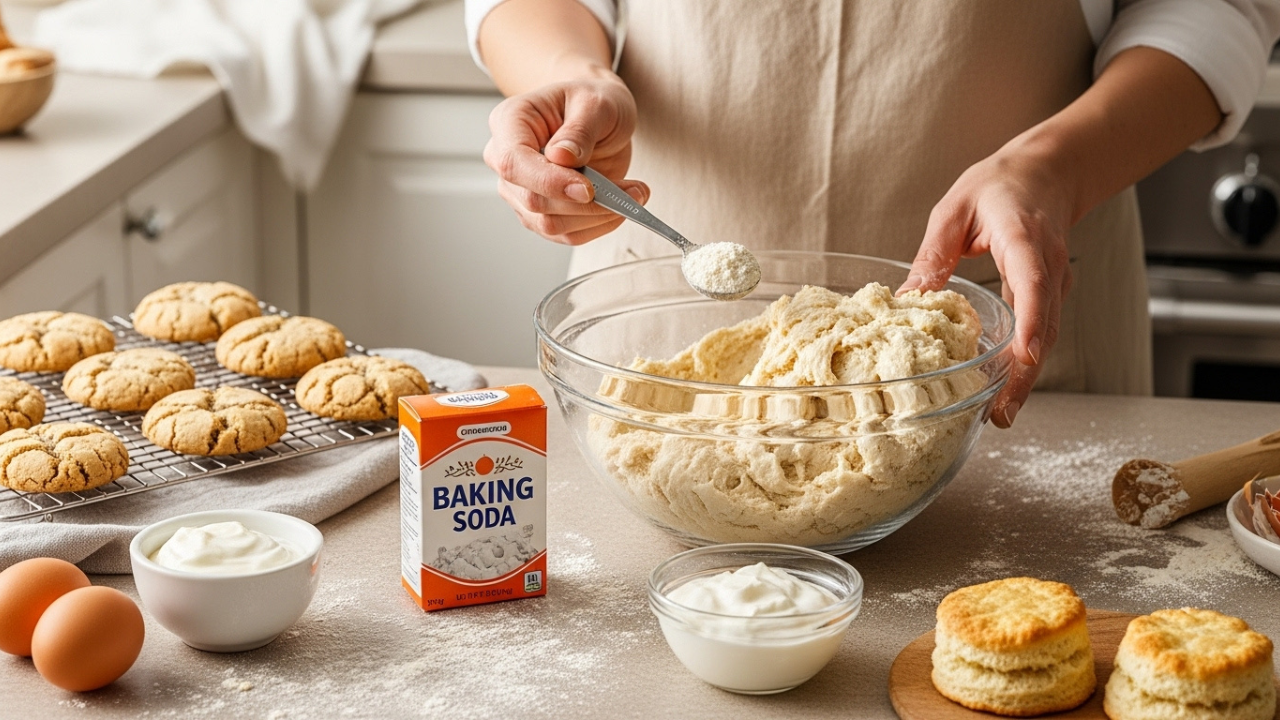

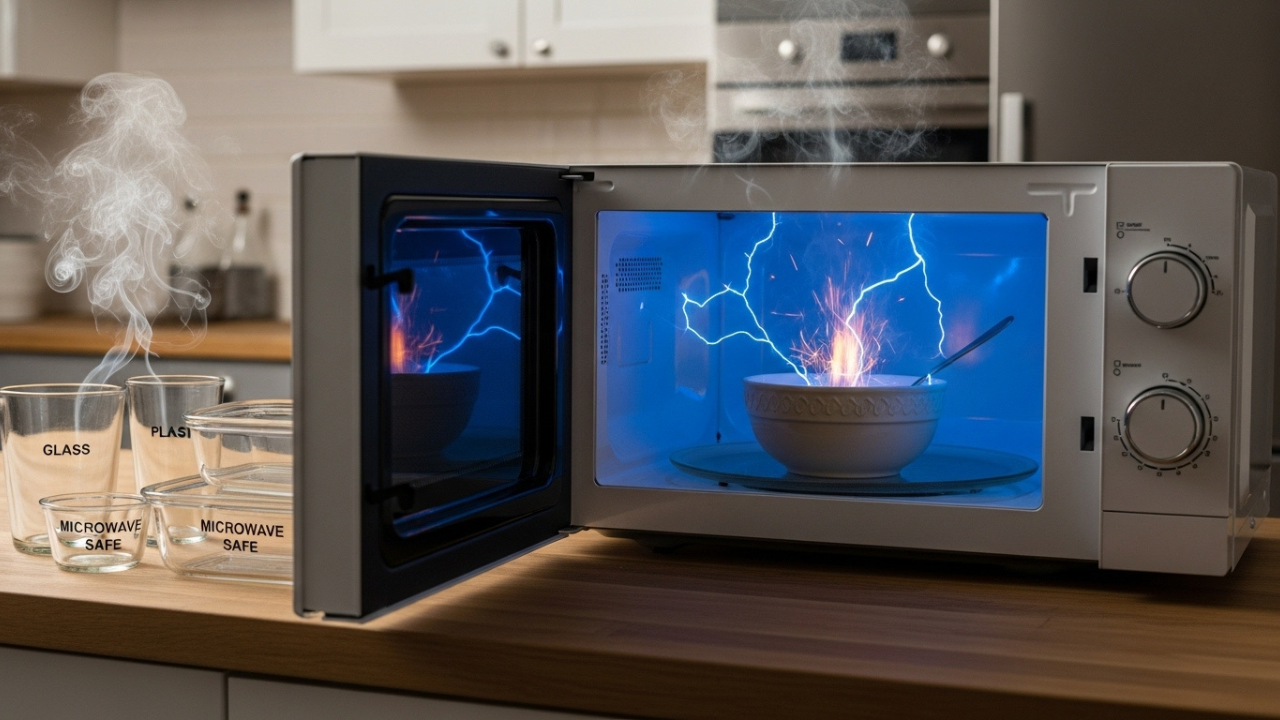
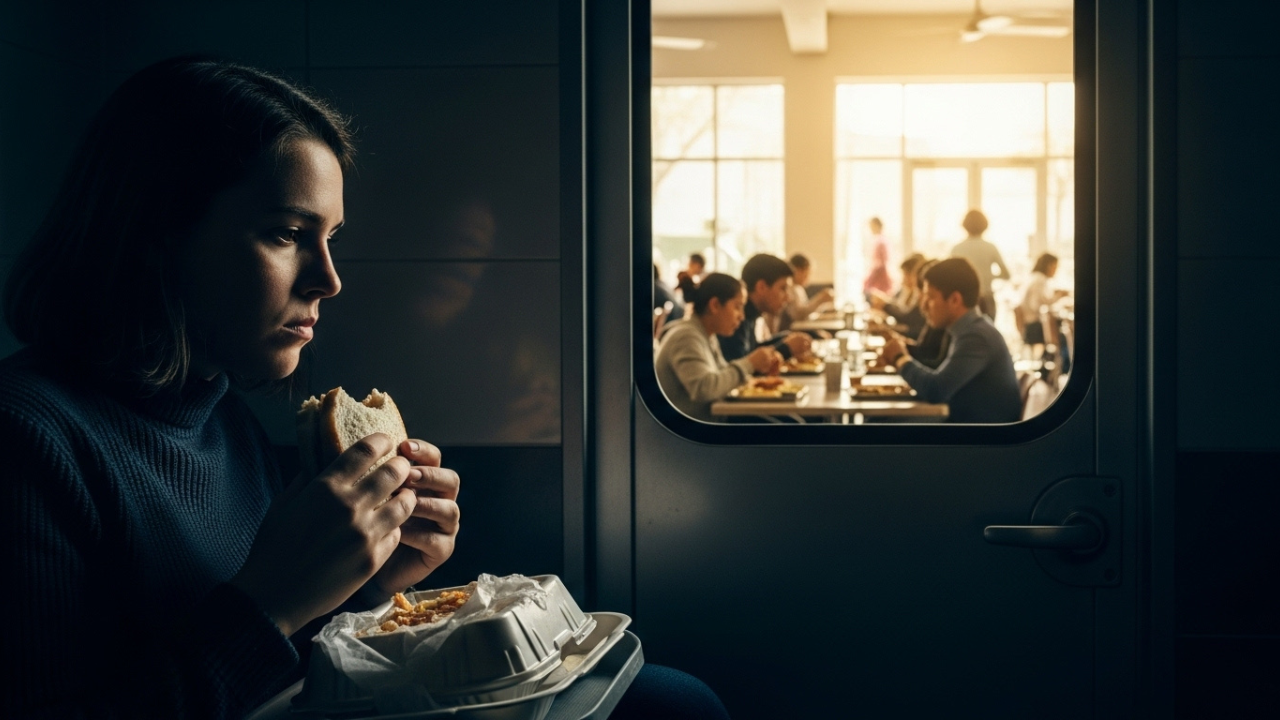
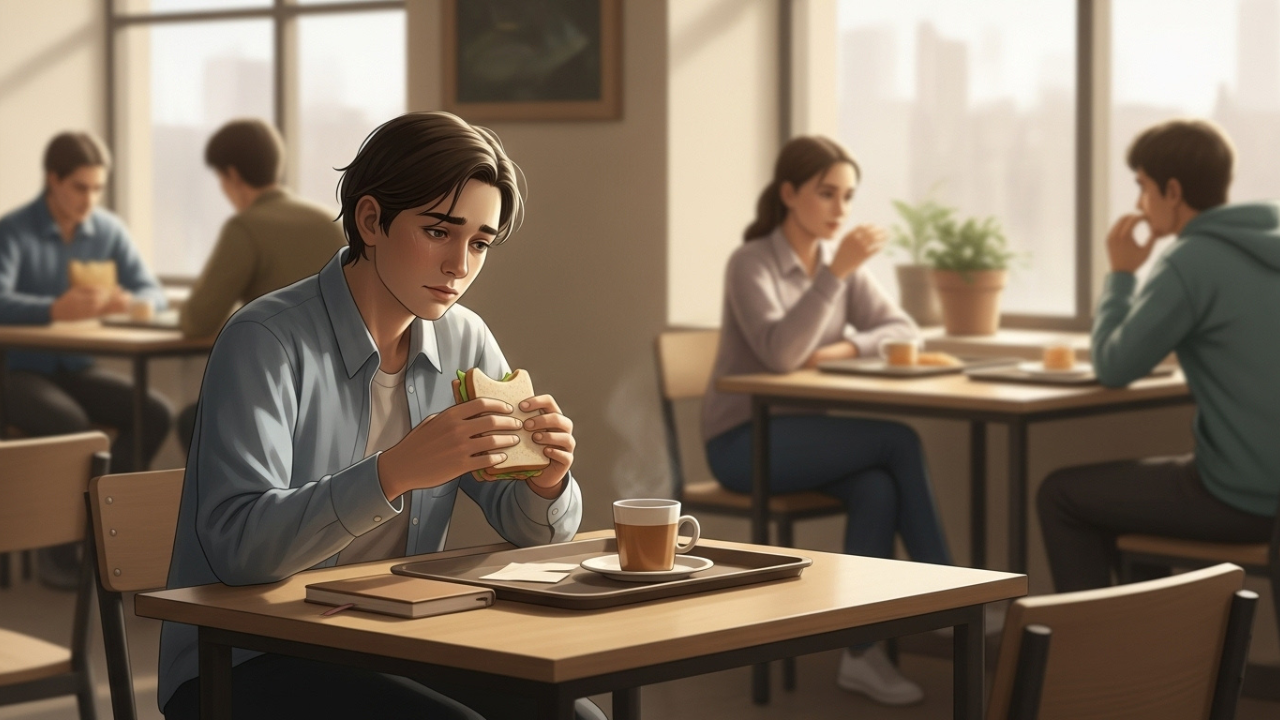
Leave a Reply